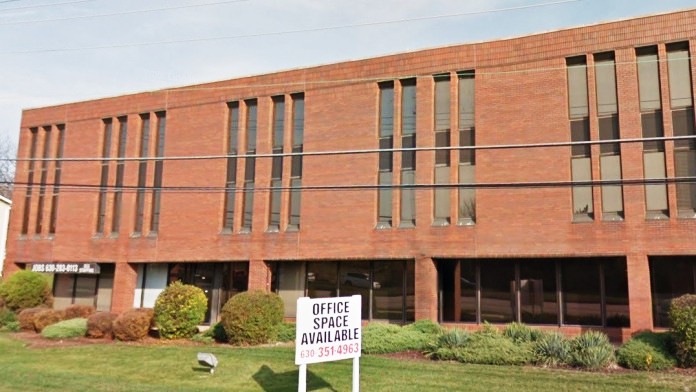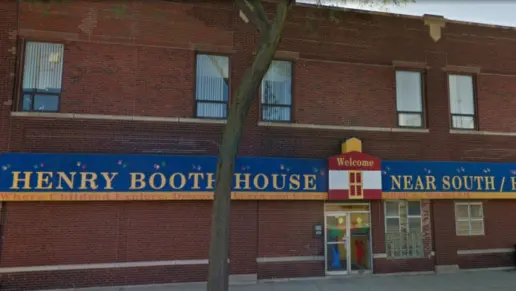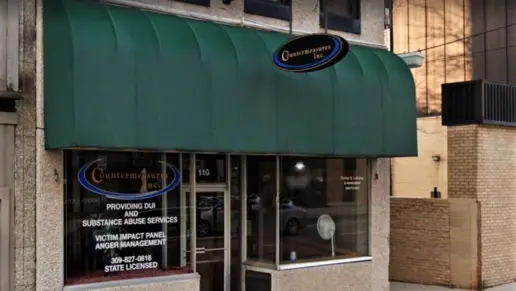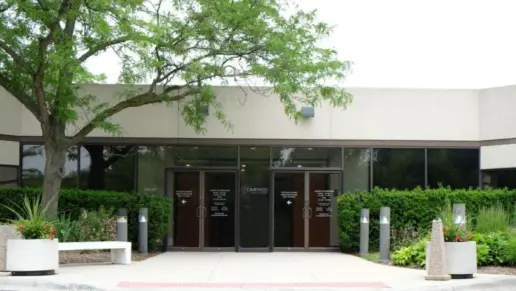About ARIZA Resource Center
ARIZA Resource Center, in Bloomingdale, Illinois, is an outpatient drug and alcohol rehab for adults. They offer specialized services for young adults and for justice involved persons, including DUI programs. Their primary treatment modalities include group therapy, addiction education, and recovery focused life skills training.
ARIZA Resource Center is an outpatient addiction recovery program for adults in Bloomingdale, Illinois. They specialize in court ordered treatment programming, including dedicated services for clients facing DUI charges.
The outpatient program at ARIZA Resource Center is designed to support clients’ long term recovery through a robust continuum of care aligned with clients’ evolving needs. Clients participate in intensive group therapy as well as recovery focused life skills training. Addiction education programs include courses in self care, wellness, coping, trauma resolution, anger and stress management, and relapse prevention. Addiction education and prevention services for nondependent social drinkers are available.
ARIZA Resource Center provides dedicated programs for clients undergoing court mandated addiction treatment. Their service area includes Cook, DuPage, and surrounding counties. Mental health evaluations, personalized treatment planning, risk assessments, and comprehensive case management are included.
ARIZA Resource Center accepts private insurance, Medicare, and self pay.
Rehab Score
Gallery

Location
Other Forms of Payment
Private insurance refers to any kind of healthcare coverage that isn't from the state or federal government. This includes individual and family plans offered by an employer or purchased from the Insurance Marketplace. Every plan will have different requirements and out of pocket costs so be sure to get the full details before you start treatment.
Self-pay involves paying for treatment out of your own pocket. You can use savings or credit, get a personal loan, or receive help from family and friends to fund your treatment. If you don't have insurance or your insurance plan doesn't cover a specific program, self-pay can help ensure you still get the care you need.
Medicare is a federal program that provides health insurance for those 65 and older. It also serves people under 65 with chronic and disabling health challenges. To use Medicare for addiction treatment you need to find a program that accepts Medicare and is in network with your plan. Out of pocket costs and preauthorization requirements vary, so always check with your provider.
Addiction Treatments
Levels of Care
Treatments
The goal of treatment for alcoholism is abstinence. Those with poor social support, poor motivation, or psychiatric disorders tend to relapse within a few years of treatment. For these people, success is measured by longer periods of abstinence, reduced use of alcohol, better health, and improved social functioning. Recovery and Maintenance are usually based on 12 step programs and AA meetings.
Drug rehab in Illinois is designed to help people recover from addiction to a number of substances. The length of each program and its intensity tend to vary, and the plan of care is based on your individual needs.
Opioid rehabs specialize in supporting those recovering from opioid addiction. They treat those suffering from addiction to illegal opioids like heroin, as well as prescription drugs like oxycodone. These centers typically combine both physical as well as mental and emotional support to help stop addiction. Physical support often includes medical detox and subsequent medical support (including medication), and mental support includes in-depth therapy to address the underlying causes of addiction.
Substance rehabs focus on helping individuals recover from substance abuse, including alcohol and drug addiction (both illegal and prescription drugs). They often include the opportunity to engage in both individual as well as group therapy.
Programs


Clinical Services
Group therapy is any therapeutic work that happens in a group (not one-on-one). There are a number of different group therapy modalities, including support groups, experiential therapy, psycho-education, and more. Group therapy involves treatment as well as processing interaction between group members.
Contact Information
201 East Army Trail Road
Suite 306
Bloomingdale, IL 60108


